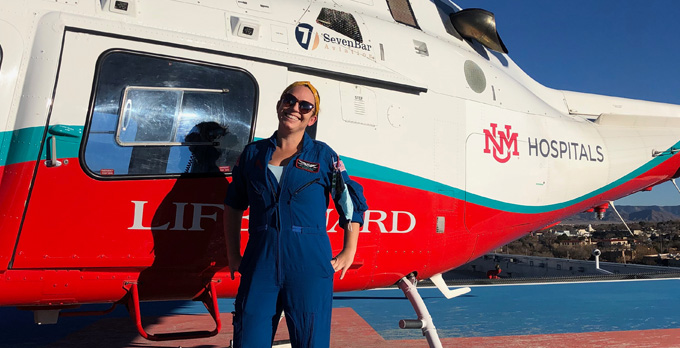As a flight nurse with The University of New Mexico’s Lifeguard critical care transport program, Jeni Fuller, RN, suits up every day and jumps on a plane. She’s part of the Lifeguard Children’s Specialty Team, taking care of some of the state’s sickest newborns—transporting them from where they are born to where they need to be to receive, oftentimes, lifesaving treatment.
There’s just one thing… she’s afraid of flying.
“I do not like to fly,” Fuller said. “I have been scared of flying for quite some time. It was something I had to seriously consider when I took this job. I think I've gotten better, but I still don't enjoy the flying part; just ask our pilots!”
So why does she do it?
"I fly for the babies. They make it all worth it. Once we have a baby in the plane, I focus on them and whatever task is at hand,” Fuller said."
For Fuller, the mission of working with babies from the neonatal intensive care unit (NICU) is personal. It started when she delivered her own twin girls early at 28 weeks. They both weighed less than 2 pounds each.
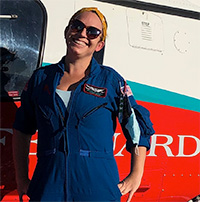
I fly for the babies. They make it all worth it. Once we have a baby in the plane, I focus on them and whatever task is at hand
"My daughters spent 10 weeks in the NICU,” Fuller said. “And for 10 weeks, we had these wonderful nurses who were with us the whole way, guiding us through the process of what it was like and helping us through some of the tough times.”
At one point, Fuller had to go back to work while her twins were still in the NICU.
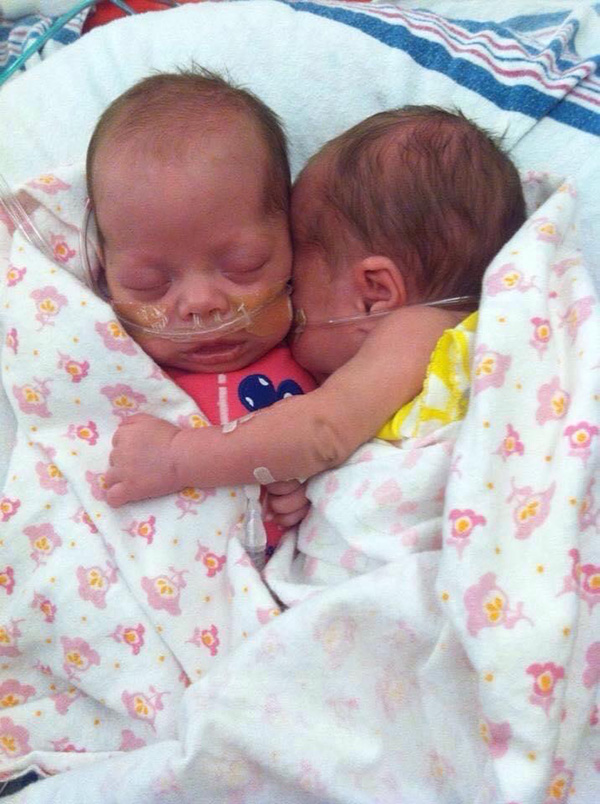 “It was incredibly difficult, but one thing that was really helpful was the staff,” she said. “I knew that if I wasn't there, it was okay. I knew those girls were going to take such good care of my girls.”
“It was incredibly difficult, but one thing that was really helpful was the staff,” she said. “I knew that if I wasn't there, it was okay. I knew those girls were going to take such good care of my girls.”
When her babies were ready to go home, Fuller took more time off. Up until that point, Fuller was a nurse who treated only adults, but when she was ready to come back to work, she knew what she had to do.
“I'm going to the NICU,” Fuller said. “I gotta do this. I wanted to pay forward the experience that I had with my daughters to other families.”
And that’s exactly what she did. As a mother and as a nurse, Fuller knew the highs and lows of having a newborn in the NICU and she felt it an honor to be there for the babies and their parents.
“To be able to say to a mom, ‘would you like to hold your baby today for the first time?’ That’s really special. We get to be there to help with feeding for the first time, bathing for the first time, when the baby is extubated, and they breath on their own for the first time. It's huge, and we get to do all those things with families. We're so privileged to get to share that with them,” she said.
Fuller was a NICU nurse for 6 years and then came the opportunity to join UNM Lifeguard as part of the Children’s Specialty Team, the only neonatal transport program based in New Mexico.
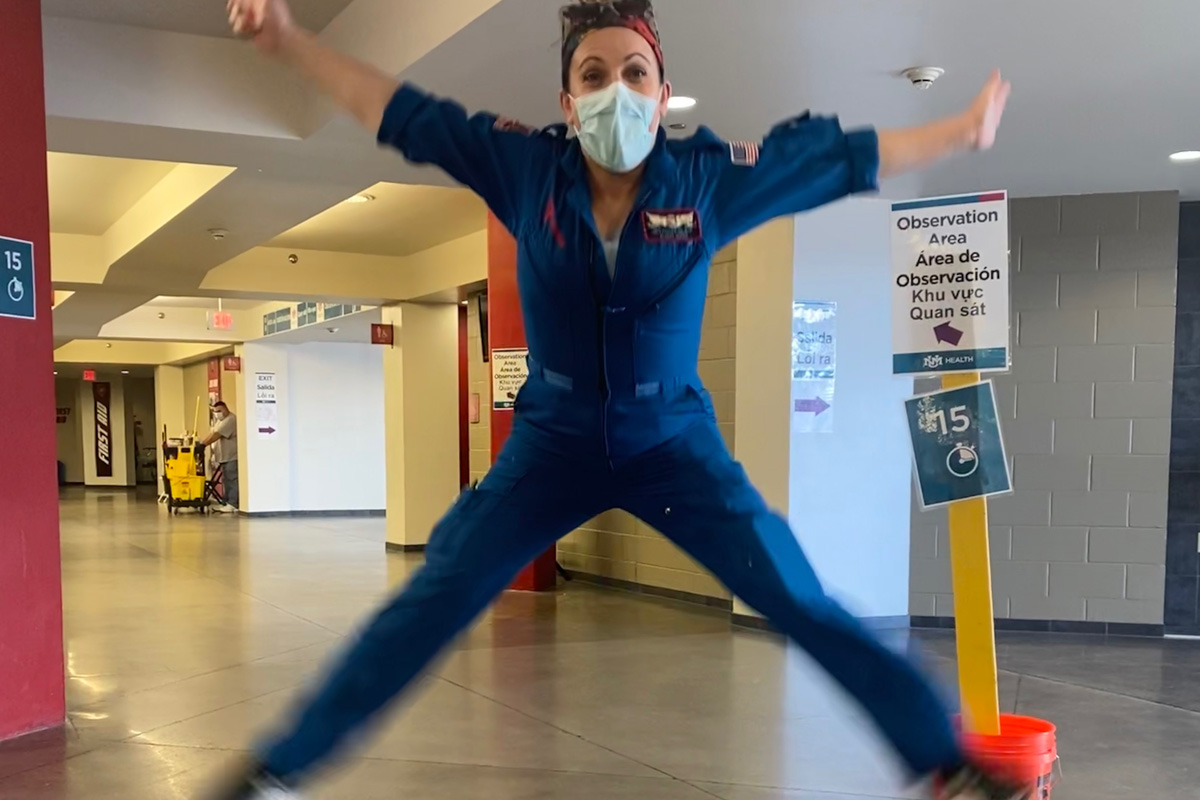
“It was a big change for me, but I knew that it was something exciting and that I wouldn't have an opportunity to do anywhere else. We have a very wide scope of practice, more than what average bedside nurses do.”
So, despite her fear of flying, Fuller joined the team.
“Luckily, we have very talented pilots. I'm very thankful for my flight partners who graciously act as emotional support people,” Fuller said laughing, “We have a very strong culture of safety, so I know that if our pilots have accepted a flight, it is safe to go. They’re really the superheroes here.”
UNM Lifeguard serves patients throughout New Mexico and some surrounding areas including the Navajo Nation. Fuller’s job is to be onboard flights to pick up newborns from across the state and take them to receive the care they need. Sometimes that means bringing them to UNM Children’s Hospital or even transporting babies out of state for additional specialty care.
“We get a phone call and after coordination with our pilots, we'll fly down. When we get there, we do a lot of stabilization at the bedside because we want our babies to be very stable for transport. We spend time with them to make sure that they're the best they can be once we get them in our plane.”
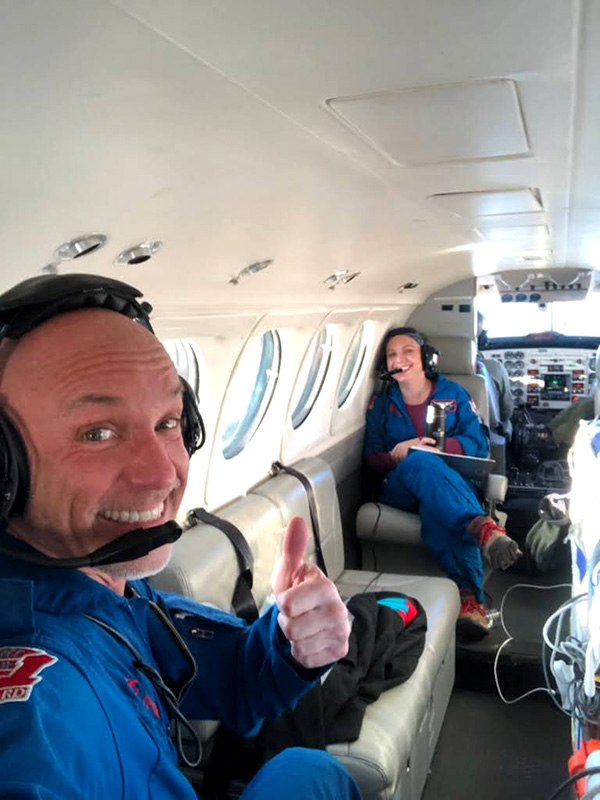 During the flight Jeni and her partner, either another nurse, a critical care paramedic or a respiratory therapist will take care of the baby. “Whatever they need, we do. We're not the bosses, the babies are the bosses,” Fuller said. “They tell us what to do, and we do it.”
During the flight Jeni and her partner, either another nurse, a critical care paramedic or a respiratory therapist will take care of the baby. “Whatever they need, we do. We're not the bosses, the babies are the bosses,” Fuller said. “They tell us what to do, and we do it.”
Just like in the NICU, Fuller works to ease new parents’ fears especially when it comes to taking their newborn baby onto a plane.
“This is never what anybody has planned. Nobody plans to have the UNM Lifeguard Team come and pick up their baby to take them away. We really try to be as kind and as gentle as we can with parents because we know it's not easy. We take care of every single baby like it was our own baby. These families trust us. It's really a privilege; I really, truly feel that way. We're so lucky.”
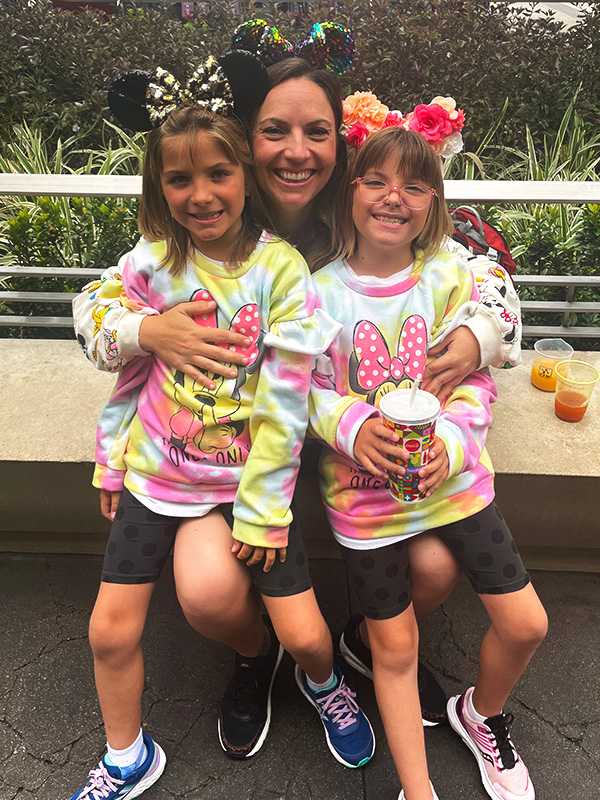
While talking with Fuller over Zoom, her twin girls, Jessa and Ella, now 10 years old, popped in and waved proudly beside their mom: two identical reminders of why Fuller does what she does.
“I think sometimes in the health care field we put a boundary between us and the patient because it is difficult. Sometimes it's hard to be personal with people because, if we do, it does take a little piece of our heart, but I really think it's okay to do that,” Fuller said. “This is somebody’s baby. We're all human and everybody needs someone just to be personal with them. I'm not a robot. I'm not just some nurse coming to take your baby away from you. I'm a mom. I'm a human. And so, I'm going to talk to you like a mom and a human,” she said.
“I’m just a mom at work, no big deal.”
Celebrating UNM Lifeguard’s 40th Anniversary
- Lifeguard was the first air medical transport program in New Mexico when it started in 1983.
- UNM Lifeguard is a state-owned flight program and not-for-profit
- The team currently has 2 planes and 1 helicopter (affectionately called Sophia), transporting nearly 2,000 patients every year.
- The aircraft, pilots and mechanics are leased from 7Bar aviation
- UNM Lifeguard serves patients throughout New Mexico and adjacent areas including the Navajo Nation and transports them to care both in and outside of New Mexico.
- The Child Specialty Team (CST) was created in 2016 and allows for UNM Lifeguard to transport patients of all ages, including newborns.
- Lifeguard Name: The term “Lifeguard” used to be the aviation term used for a medical flight to get Air Traffic Control priority treatment. If you put “Lifeguard” before your airplane tail number, Air Traffic Control knew you had a patient onboard or were going to get one. That’s how UNM Lifeguard got its name. (The terminology has since changed to Medevac)
-
Find out more about the UNM Lifeguard team HERE!
